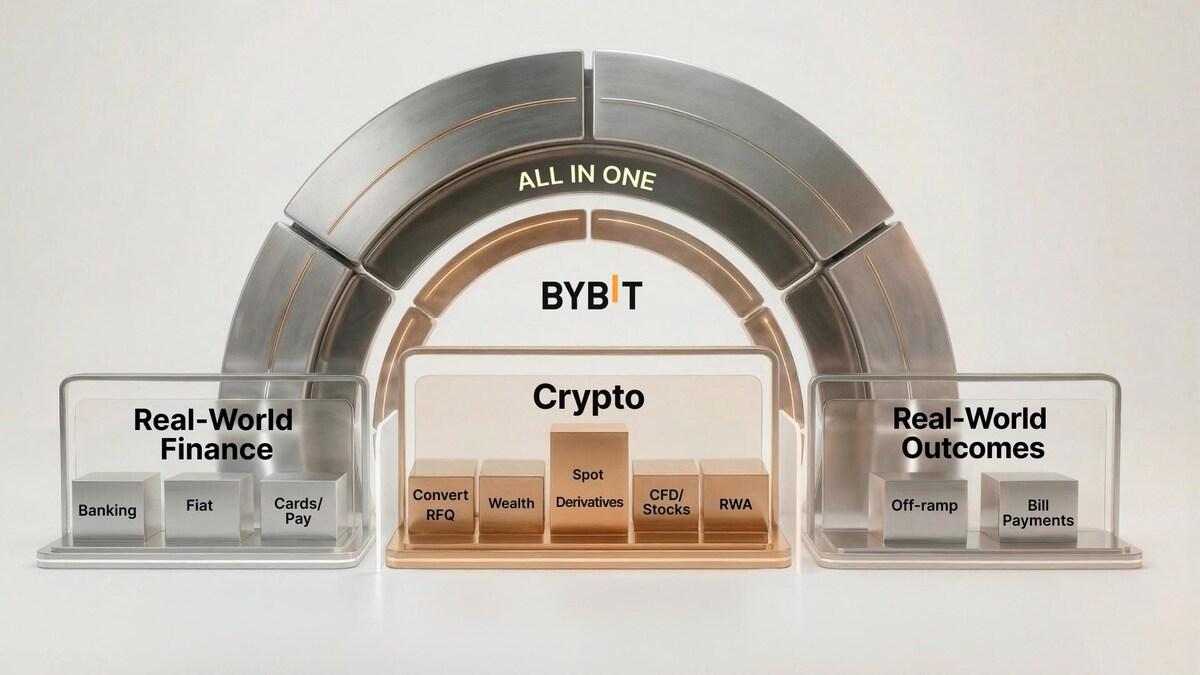Key Points:
- Rocket Pool has proposed a set of actions to address the dominance and staking environment of the network.
- The proposal outlines several guiding principles for Rocket Pool, including acting in the best interest of Ethereum’s health and considering the long-term impacts of its choices.
In order to address the dominance and staking environment of the network, Rocket Pool, a liquid staking protocol on Ethereum, has proposed a number of measures.

By preventing a single point of failure and restricting the size of the Rocket Pool, the proposal is intended to ensure the security of the Ethereum network.
The proposal provides a number of guiding principles for Rocket Pool, such as operating in Ethereum’s best interest and thinking about the long-term effects of its decisions. In addition to giving its Node Operators the freedom to make meaningful decisions and quit the system if they find it unacceptable, Rocket Pool will limit its expansion if it interferes with Ethereum’s decentralization.
Rocket Pool is a decentralized node network that opens up staking opportunities to those who lack the technical expertise or adequate assets required to stake ETH. Its goal is to help users who lack the minimal number of ETH tokens needed to stake as well as those who lack the technical know-how necessary to operate a node.

Even if they use the protocol, Ethereum investors who want to stake are still constrained by the lengthy commitment of locking up tokens. All assets are locked once staked until Ethereum’s Proof-of-Stake deployment Phase 2.
Investors can bet with as little as 16 ETH instead of the required minimum commitment of 32 ETH. Additionally, Rocket Pool automates the entire process, and the platform manages all validators without requiring user participation.
Just after Lido, Rocket Pool is the second-largest Ethereum liquid staking system. However, it still has a market share of only 3.5% in the liquid staking industry. The community rejected a similar self-limiting proposal made by Lido, the largest liquid staking system, last year. The self-limiting plan has received a majority of the vote so far in the protocol. The election will be over on February 13, 2023.
ISCLAIMER: The Information on this website is provided as general market commentary and does not constitute investment advice. We encourage you to do your own research before investing.
Join us to keep track of news: https://linktr.ee/coincu
Harold
Coincu News














